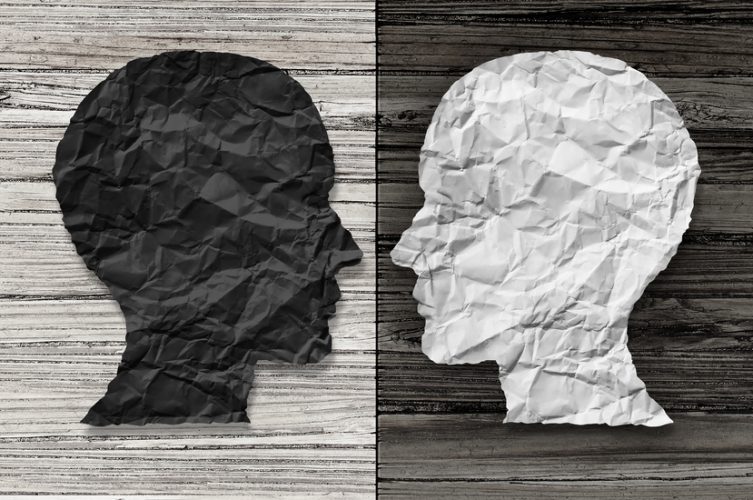Blood
We can not live without blood. This red liquid in our blood vessels is fulfilled a number of very important functions in our body. In this article, you read what exactly is blood, for which you need it and how it is composed. In addition, we answer the question:
how many litres of blood has a human being?
What is blood exactly?
Blood roughly consists of four components:
- Red blood cells
- White blood cells
- Platelets
- Plasma
About 40% of the blood consists of red blood cells. That are about 25,000 billion cells in a human body. Red blood cells look like round discs and as the name implies, these are the cells that our blood the red colour. White blood cells are present in large numbers much less: about 35 billion in the human body. These are, as it were, the ‘ soldiers ‘ of our body. They protect us against pathogens. Platelets are also well represented in the blood. Normally a man between 800 and 2500 billion platelets in the body.
About half (45%) of our
blood consists of red and white blood cells and platelets. The other half (55%) consists of plasma, that again for 90% water. The blood cells and platelets are located in the plasma, whose main function the transport of blood cells, nutrients and other substances, such as proteins, vitamins and hormones.
The Function of blood
1. Transport oxygen
Blood fulfils a number of important features needed in order to live. The main function of blood is the transport of oxygen from the lungs to the rest of the body. Bind red blood cells in the lungs the inhaled oxygen to itself and give this elsewhere in the body. The cells in our bodies convert oxygen into carbon dioxide, which the red blood cells back to the lungs, where we exhale. Because our heart pumps blood continuously through the body is there continuous supply and removal of oxygen and carbon dioxide.
2.Transport Nutrients
In addition to oxygen and carbon dioxide creates the blood also that the issues with nutrients. These are in the blood plasma transported to the places in the body where nutrients are needed. In addition, waste by the blood plasma is taken away, so they can leave our body through the intestines or
bladder.
3. Immune pathogens
Also in our defence against pathogens blood plays a large role, in particular, the white blood cells. Once a pathogen enters the body, the white blood cells sure it defused. At the time that this is not (quickly enough) to be successful, we become sick.
The platelets that are in our blood, ensure that the blood coagulates quickly if we have a wound so that the bleeding stops.
How many litres of blood does a human being?
The body of a mature person has existed for about 7% of blood. A person of about 70 kilogrammes has a blood volume of 5 to 6 litres. In comparison, a newborn baby has only 300 to 400 millilitres of blood and a pregnant woman 6.5 to 7.5 litres.
Blood loss
Because of blood in our body such an important functions, the consequences are often severe if there are problems with the blood. There has been a lot of blood loss, then there are not enough red blood cells present that can transport oxygen. The cells and tissues in the body get insufficient oxygen, making them no longer function. In severely blood loss can lead to organ failure. There will often be given a blood transfusion the blood volume.
Shortage of blood cells or platelets
In addition to a general blood loss can also be a lack of red or white blood cells or platelets. At a deficiency of white blood cells, the body is not enough defences against pathogens. People with too few white blood cells are regularly sick. A shortage of platelets causes wounds stay long bleeding. This is especially a problem if there is a large wound, from which much blood is lost.
Blood poisoning
In addition to a shortage of blood cells, there may be a blood poisoning. A serious illness to which you can death if not treated quickly. Blood poisoning is caused by an infection in which the body reacts so violently that an inflammatory reaction in the blood. Within 8 to 24 hours is someone with a blood poisoning sick to death. It is accompanied by fever, diarrhoea, abdominal pain and drowsiness.

No comments:
Post a Comment